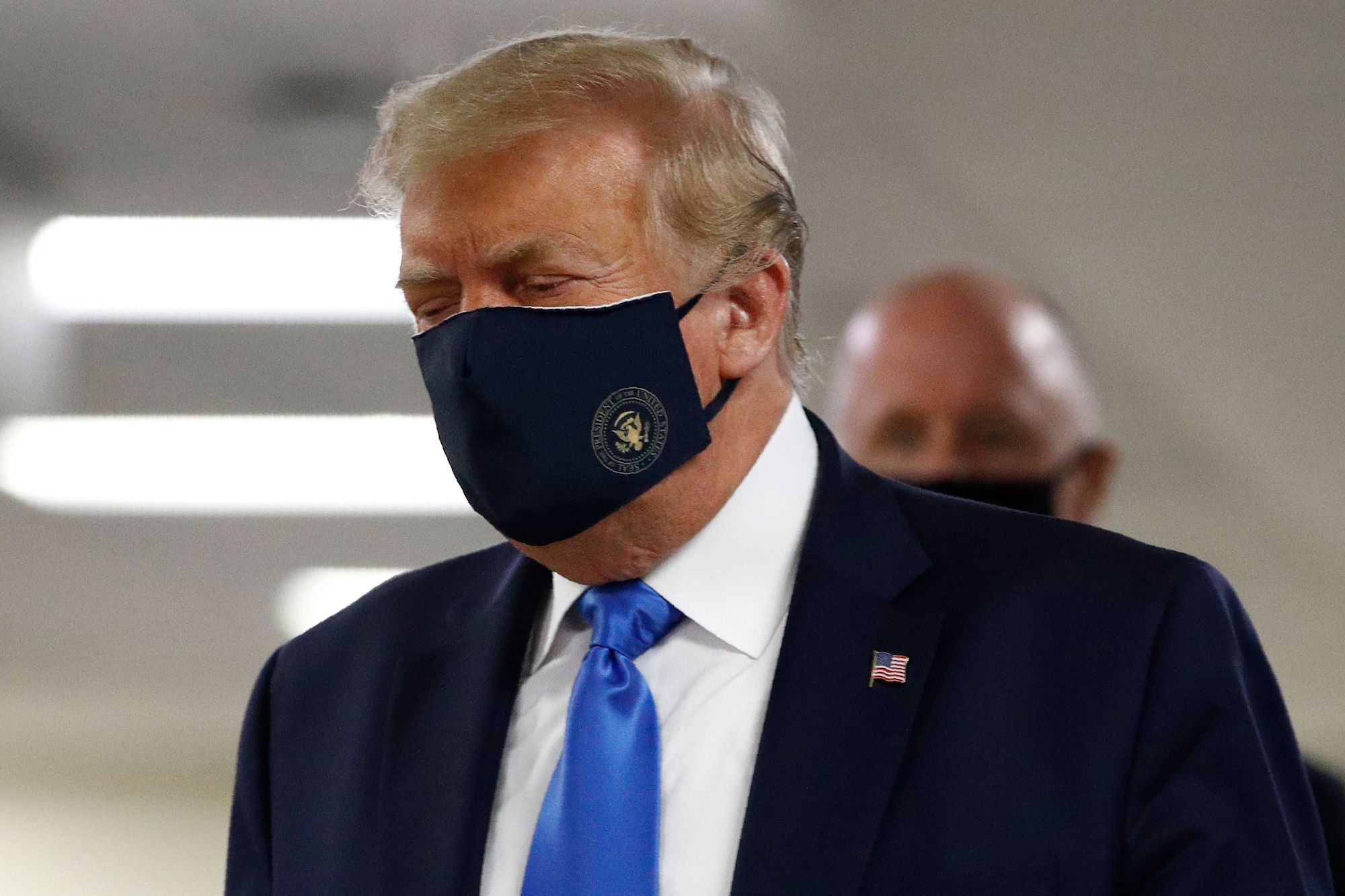President Muhammadu Buhari has assented to two Bills recently passed by the National Assembly.
The bills are the Copyright Act 2022 and the Federal College of Medical Laboratory Science and Technology, Jos, Act.
Senior Special Assistant to the President on National Assembly Matters (House of Representatives), Nasiru Baballe Ila, disclosed this in a statement and explained that the two bills were assented to by the President on the 17th of March 2023.
He said: “Copyright Act 2022, this Act repeals the Copyright Act, Cap C28, Laws of the Federation of Nigeria, 2004 and enact the Copyright Act 2022 to provide for the regulation, protection and administration of copyright.
“The enactment the new Copyright Act has again demonstrated the commitment of this administration to re-energizing Nigeria’s creative economy and making it more globally competitive in the digital and age.
“The principal objectives of the new law, as outlined in section 1 are to: protect the rights of authors and ensure just rewards and recognition for their intellectual efforts; provide appropriate limitations and exceptions to guarantee access to creative works; facilitate Nigeria’s compliance with obligations arising from relevant international copyright treaties and conventions; and enhance the capacity of the Nigerian Copyright Commission for effective regulation, administration, and enforcement.”
According to him, the new Copyright Act “expands the rights of authors, raises the sanctions for criminal infringements and more adequately addresses the challenges posed by digital and online use of copyright works.
“The Act also provides specially for the needs blind, visually impaired and print disabled persons to have access to learning and reading materials in accessible formats.”
He further observed that the ‘Federal College of Medical Laboratory Science and Technology, Jos, Act, repeals the Federal School of Medical Laboratory Science, Jos (Establishment) Act, 2018 and enacts the Federal College of Medical Laboratory Science and Technology, Jos Act, 2023.
“To this end, the newly signed Act “establishes the Federal College of Medical Laboratory Science, Jos, to make the Institution more effective in the discharge of its functions by strengthening the organisational framework, and to bring its provision in conformity with current democratic principles and operations of existing educational institutions, and the laws of the Federal Republic of Nigeria,” Hon. Ila noted.



